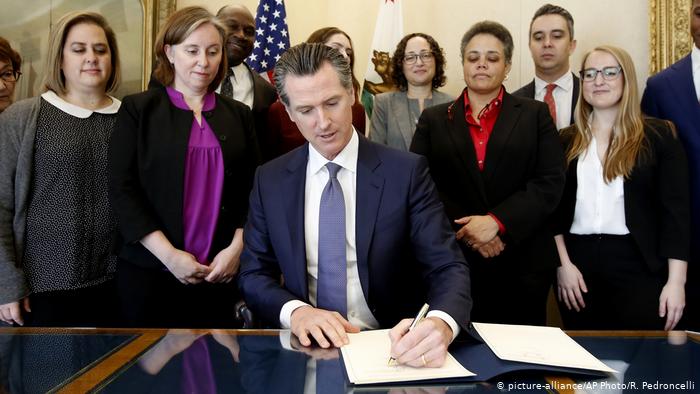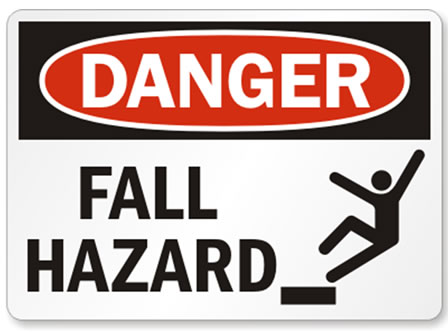New Salary Threshhold for “Salaried/Exempt” Employees
Friday, 22 November 2019
Employees who make less than $35,568 must now be raised to that level or be reclassified as non-exempt/hourly employees. If employers reclassify these employees to non-exempt/hourly, the employee would be eligible for overtime pay under a final rule issued by the U.S. Department of Labor (DOL). The new rate will take effect Jan. 1, 2020. To be exempt from
- Published in Uncategorized
AB-51 Signed into Law
Thursday, 07 November 2019
On October 10, 2019, Governor Gavin Newson signed into law AB 51, which bans the use of mandatory arbitration agreements in employment contracts beginning on January 1, 2020. Previously, an employer was able to require employees and prospective employees to agree to arbitration to resolve almost any and all disputes between the employee and the
- Published in Uncategorized
7 Reasons to Outsource HR
Wednesday, 16 October 2019
Most business owners agree that their employees are their most valuable assets. As such, managing human resources has become a critical role in managing a business. Yet for some businesses, the various functions of the HR department are too comprehensive and complex to maintain in-house. That said, in order to HR a senior HR professional
- Published in Uncategorized
How Long do I have to keep Employee Documents and Records?
Monday, 13 May 2019
Several of our clients have recently asked, “how long do I need to retain documents in someone’s personnel file”? There is no set period of time that applies to all documents. It is dependent on current laws or statutes. Below is a table that PlatinumHR has created that shows the various documents, the governing body
- Published in Uncategorized
California Minimum Wage
Wednesday, 13 February 2019
Effective Jan. 1, 2019, the statewide minimum wage in California increased from $10.50 to $10.00 for employers with less than 25 employees and from $11 to $12 per hour for employers with more than 25 employees. This also impacts other wage and hour obligations, such as the minimum salary requirement for exempt employees, which increased to
- Published in Uncategorized
OSHA 300a Log: Do I Need to Post the Form?
Friday, 01 February 2019
The OSHA 300a log is part of a federal requirement concerning safety in the workplace. It is a form that must be filled out by employers and displayed in a visible area. The log records all applicable injuries or illnesses that occur in the workplace. The types of injuries/illness that must be logged and reported
- Published in Uncategorized
New I9 Form
Monday, 07 August 2017
USCIS Issues New I-9 Form: Commentary and I-9 Checklist for Employers On July 17, 2017, U.S. Citizenship and Immigration Services (“USCIS”) issued a revised Form I-9. The new form must be used by September 18, 2017. The revised form has only one substantive change. A new Document on List C was added as an acceptable document
- Published in HR Live, HR Online, Uncategorized
Negligent Hiring/Negligent Retention
Monday, 07 August 2017
Negligent Hiring/Negligent Retention For more than 100 years, various courts have recognized negligent hiring or negligent retention as an independent basis for a court action. Negligent hiring occurs when an employer knew or should have known of an employee’s unfitness even before the employee was hired. In these cases, the employer’s liability is based primarily
- Published in HR Live, HR Online, Uncategorized
Pre Employment Inquiries
Thursday, 18 May 2017
There are several State and Federal Laws which protect certain classes of people from discrimination in the workplace. Failure to understand and follow these laws can and will lead to lawsuits, costing you thousands of dollars. Sadly, there are those out there who know just enough about the law to “set you up” for a
- Published in HR Live, HR Online, Uncategorized
Summer Help is Just Around the Corner
Thursday, 18 May 2017
With Summer fast approaching and teens looking for summer jobs, I thought this article would be appropriate… The Fair Labor Standards Act (FLSA) is the primary child labor statute. Under the FLSA, minors must be a least 16 years of age to work in most non-farming jobs and at least 18 years of age
- Published in HR Live, HR Online, Uncategorized





